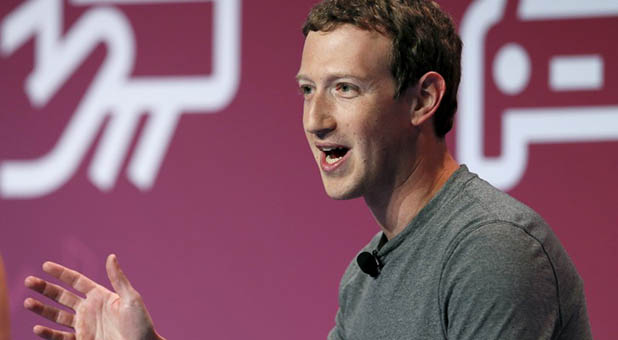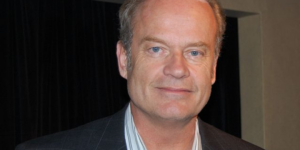Senate Committee to Investigate Facebook Blocking Scheme
Social media can be a powerful tool for change—both good and bad—in our society, but when you look at your “news feed,” are you getting an honest portrayal of what your friends and neighbors think is important?
That’s the question the U.S. Senate Committee on Commerce, Science and Transportation seeks to answer with an investigation launched this week. In a letter to Facebook founder Mark Zuckerberg, the committee’s chairman, Sen. John Thune (R-S.D.), asked for a number of answers to some very pointed questions.
Among the questions:
- Please describe Facebook’s organizational structure for the Trending Topics feature, and the steps for determining included topics. Who is ultimately responsible for approving its content?
- Have Facebook news curators in fact manipulated the content of the Trending Topics section, either by targeting news stories related to conservative views for exclusion or by injecting non-trending content?
- What steps is Facebook taking to investigate claims of politically motivated manipulation of news stories in the Trending Topics section? If such claims are substantiated, what steps will Facebook take to hold the responsible individuals accountable?
- In a statement responding to the allegations, Facebook has claimed to have “rigorous guidelines in place for the review team” to prevent “the suppression of political perspectives” or the “prioritization of one viewpoint over another or one news outlet over another.” When did Facebook first introduce these guidelines? Please provide a copy of these guidelines, as well as any changes or amendments since January 2014. Does Facebook provide training for its employees related to these guidelines? If so, describe what the training consists of, as well as its frequency. How does Facebook determine compliance with these guidelines? Does it conduct audits? If so, how often? What steps are taken when a violation occurs?
- Does Facebook maintain a record of curators’ decisions to inject a story into the Trending Topics section or target a story for removal? If such a record is not maintained, can such decisions be reconstructed or determined based on an analysis of the Trending Topics product? If so, how many stories have curators excluded that represented conservative viewpoints or topics of interest to conservatives? How many stories did curators inject that were not, in fact, trending? Please provide a list of all news stories removed from or injected into the Trending Topics section since January 2014.
Facebook has until May 24 to respond to the Thune’s questions.
“Facebook must answer these serious allegations and hold those responsible to account if there has been political bias in the dissemination of trending news,” he said. “Any attempt by a neutral and inclusive social media platform to censor or manipulate political discussion is an abuse of trust and inconsistent with the values of an open Internet.”
The inquiry is the result of a recent article published by the popular technology blog Gizmodo in which several former Facebook employees alleged the company routinely worked to suppress conservative and Christian viewpoints on the social network and artificially highlighted other news stories even when objective metrics did not indicate they were “trending.” Thune’s committee has legislative and oversight jurisdiction over issues related to Internet communications, consumer protection, and media issues.
Dr. Jerry A. Johnson, President and CEO of National Religious Broadcasters, has also weighed in on the issue. He said Gizmodo’s revelations are just the latest examples of a pattern of censorship by Facebook.
“It’s time for Facebook to face the facts,” he said. “Social media users expect a level playing field and are tired of Facebook’s one-sided neutrality. For some time, Facebook has shut down conservative pages or censored their comments. Now Facebook is caught burying conservative news stories and puffing liberal ones. Facebook must change if they want our trust and our participation on their platform.”
Johnson said NRB has documented cases of Internet-based censorship of Christian views and other free speech violations since 2011 through its John Milton Project for Free Speech. He added that Facebook’s rebuttal of the Gizmodo allegations do not adequately reassure users of its neutrality, particularly in light of previously documented incidents of censorship.
“Facebook should take this opportunity to declare its commitment to free speech for all on its platform and to implement a transparent policy holding its employees accountable for not discriminating, consciously or subconsciously, against viewpoints they may not value or agree with—including those they may wish to be ‘hoaxes’ or have ‘insufficient sources,'” he concluded.






































